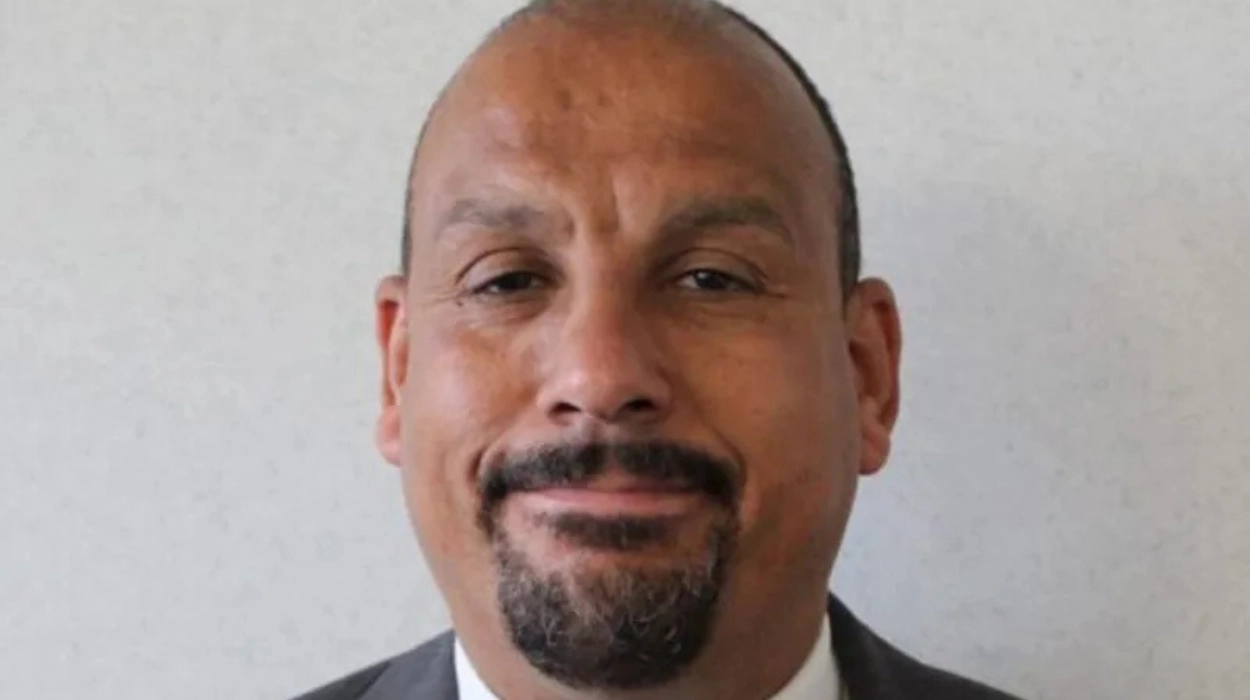In a significant development in UK politics, suspended Labour councillor Ricky Jones has been remanded in custody following his charge of encouraging violent disorder. The charge is linked to comments he made during a counter-protest in Walthamstow, London, raising concerns about the rising tensions in political discourse and public protests in the country.
The Incident and Arrest
Ricky Jones, a 57-year-old councillor for Dartford, Kent, was arrested by the Metropolitan Police on August 8, 2024, and subsequently charged the next day, according to the Crown Prosecution Service (CPS). The arrest followed an incident on August 7, where Jones was filmed speaking to a crowd during an anti-fascist protest. He allegedly made inflammatory remarks directed at far-right protesters, reportedly stating, “we need to cut their throats and get rid of them,” in reference to individuals he described as “disgusting Nazi fascists.”
Deputy senior district judge Tan Ikram highlighted the gravity of the accusations, noting that Jones’s words could incite others to commit acts of serious violence. The court emphasized the importance of the case, which was adjourned for a pre-trial preparation hearing scheduled for September 6.
Legal Proceedings
During his court appearance, no indication of a plea was made, and the judge reiterated the need for caution regarding public commentary on the case. Jaswant Narwal, the chief crown prosecutor for CPS London North, reminded the public that the legal proceedings are active, stressing the importance of ensuring that the accused receives a fair trial. “It is extremely important that there should be no reporting, commentary, or sharing of information online which could in any way prejudice these proceedings,” Narwal stated.
The ramifications of this case extend beyond Jones himself, touching upon broader societal issues related to political speech and public safety during protests. Jones, who has served as a councillor since 2019, has been suspended from the Labour Party, reflecting the party’s stance on maintaining discipline among its members, especially in light of rising political extremism.
Political and Social Context
Jones’s remarks and subsequent charge occur against a backdrop of increasing polarization in British politics. The rise of far-right groups and counter-protests has sparked a heated national debate about free speech, the limits of political rhetoric, and the responsibilities of public officials. This incident highlights the fine line that politicians must walk when addressing divisive issues in public forums.
The atmosphere in the UK has been charged with political tension, particularly as various groups express their views on issues such as immigration, social justice, and national identity. Protests have become a common avenue for expressing dissent, but they also raise the risk of violence, especially when counter-protests are involved.
The Rise of Political Violence
As the frequency of protests and counter-protests increases, so does the concern over political violence. The events surrounding Jones’s arrest serve as a stark reminder of how incendiary rhetoric can escalate tensions and potentially incite violence. Observers argue that politicians must exercise caution in their language to avoid contributing to an already volatile environment.
In recent years, there have been several instances where public speeches and actions by politicians have resulted in violent confrontations. The dynamics of political protests have shifted, with many participants feeling emboldened to express extreme views, leading to confrontations that can spiral out of control. This trend raises questions about the effectiveness of current measures to ensure public safety during protests.
Broader Implications for the Labour Party
The Labour Party’s decision to suspend Jones underscores its commitment to uphold standards of conduct among its members. This incident may prompt the party to reevaluate its approach to political discourse, especially as it prepares for upcoming elections. With political climate shifting and the rise of populism, parties are under pressure to distance themselves from extremist rhetoric and violence.
The case could also serve as a litmus test for how political parties manage their members’ conduct in a charged political environment. The Labour Party’s handling of this situation may influence public perception and voter trust as the political landscape evolves.
Community Reactions
The local community in Dartford has expressed mixed reactions to the news of Jones’s arrest. Supporters argue that he was merely exercising his right to protest against what they see as an unacceptable rise in far-right extremism. Critics, however, assert that his comments crossed a line and could potentially incite violence, undermining the very principles of democracy and peaceful protest.
Local activists have organized discussions and forums to address the broader issues surrounding free speech and political violence. Many emphasize the importance of promoting respectful dialogue and non-violent methods of protest, aiming to create a safer environment for political expression.
Conclusion
Ricky Jones’s case serves as a critical reminder of the implications of political rhetoric in today’s society. The balance between free speech and responsible discourse is increasingly complex, especially in a climate where political tensions are running high. As the legal proceedings unfold, the outcome may have lasting effects on public discourse and the political landscape in the UK.
This incident not only raises questions about individual accountability but also highlights the need for collective responsibility among public officials to foster an environment conducive to peaceful protest and constructive dialogue. The eyes of the nation will be on the upcoming hearings as the implications of this case continue to resonate throughout the political community and beyond.


